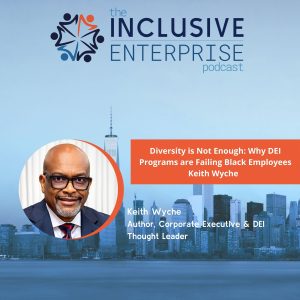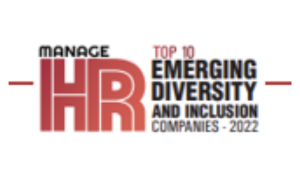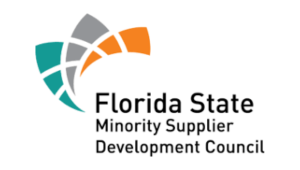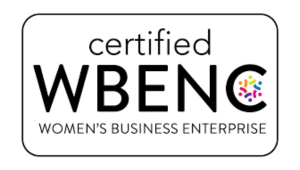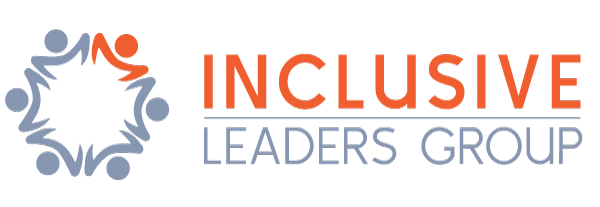Black Employees Seek Greater Equity, Inclusion and Belonging
According to a recent “The Fabric of Belonging” report from Bain, a global management consulting firm, less than 25% of Black employees feel included at the office. Despite the advances being made over the past few years, the data is clear: Too many Black workers remain stuck at the bottom of their organizations. Thirty-six percent of Black workers are in frontline roles, the highest percentage of any racial group and starkly higher than white workers (21%). Even more alarming, 21% of Black workers are in lower-income frontline roles that pay less than $30,000 per year. Black people also are much less likely to hold middle-management and senior positions.
Inclusive Leaders Group pulled out these takeaways from Bain & Co’s report as we continue to work towards making workplaces better, for everyone:
- Building inclusive teams improves performance and is the right thing to do. It also pays off in recruitment, retention, and better teamwork.
- People describe what being included looks and feels like in remarkably similar ways.
- Helping everyone feel included is deceptively difficult, but organizations can navigate the complexities by marrying systemic change with more inclusive behaviors.
- Across all groups, a common thread is the desire to grow and succeed. But organizations can pinpoint additional specific steps that will improve inclusion by looking at their population through the lenses of demographics, geography, and seniority.
- There’s no quick fix, but getting started—testing and learning, prioritizing the actions and populations that most need support, and demonstrating commitment—produces immediate value.
Racial Inequality: The Black Experience in the US private sector
According to McKinsey & Company, the scale of the issues facing Black US workers is massive, and the roots of the problem are deep. “Inequality is baked deep into our current capitalist society” and the challenges are rooted in the socioeconomic and racial history of the United States. Mckinsey & Company research indicates that companies that hope to make meaningful progress face ten key challenges. Achieving equity for Black workers in the private sector requires addressing the challenges on many fronts, including geography, industry, job type, and everyday workplace and culture challenges. Given the scale and complexity of the challenges, companies will need to work together to see material changes. And they will have to address these ten challenges more boldly than they have done in the past.
Why Workplace DEI Programs are Failing Black Employees and How To Get It Right
In my podcast interview with Keith Wyche, Corporate Executive, author, and fellow DEI thought leader, we discussed why DEI programs may miss the opportunity to have a real impact. The research bears this out. Exclusion impacts performance and lack of access to opportunity is a barrier.
In the episode DEI , Keith shares his perspective on why Black Professionals have lost faith in DE&I programs, what is contributing to the situation, and how to correct it. A strong inclusive leadership culture and commitment to accountability are key elements of success. A total business lens, focused on leadership culture and accountability, are key enablers. Keith further highlighted that the most inclusive companies are the ones who look at DEI from a supplier diversity perspective, from a philanthropy perspective, and ask are we investing in diverse organizations and how diverse and inclusive is our board.
While the CEO plays a critical role, it’s the collective leadership that makes DEI part of the fabric of the organization. If a new CEO does not embrace DEI, they almost have to support DEI because the culture has clearly established it’s value. If the CEO, is the only champion and it’s not ingrained in the organization, it really can be doomed to fail.
Why? If frontline and mid-level leaders who manage and develop talent don’t embrace it or understand it, then DEI will never really be all it could be. It’s a missed opportunity to achieve the full potential benefit and competitive advantage, when it’s aligned as a business strategy and part of the culture.
Keith challenged all leaders to be more proactive, by providing and seeking feedback for growth for individuals and the organization. Black Professionals also have an obligation. As leaders achieve and accomplish a level of influence and authority in an organization, they should speak up and take action to support those who need greater access to develop and grow. He shared a quote ‘If you have a seat at the table and don’t use your voice to help others, then give up your seat !”
Listen and be inspired by The INCLUSIVE ENTERPRISE Podcast Episode 19: Diversity Isn’t Enough: Why DEI Programs are Failing Black Employees.
